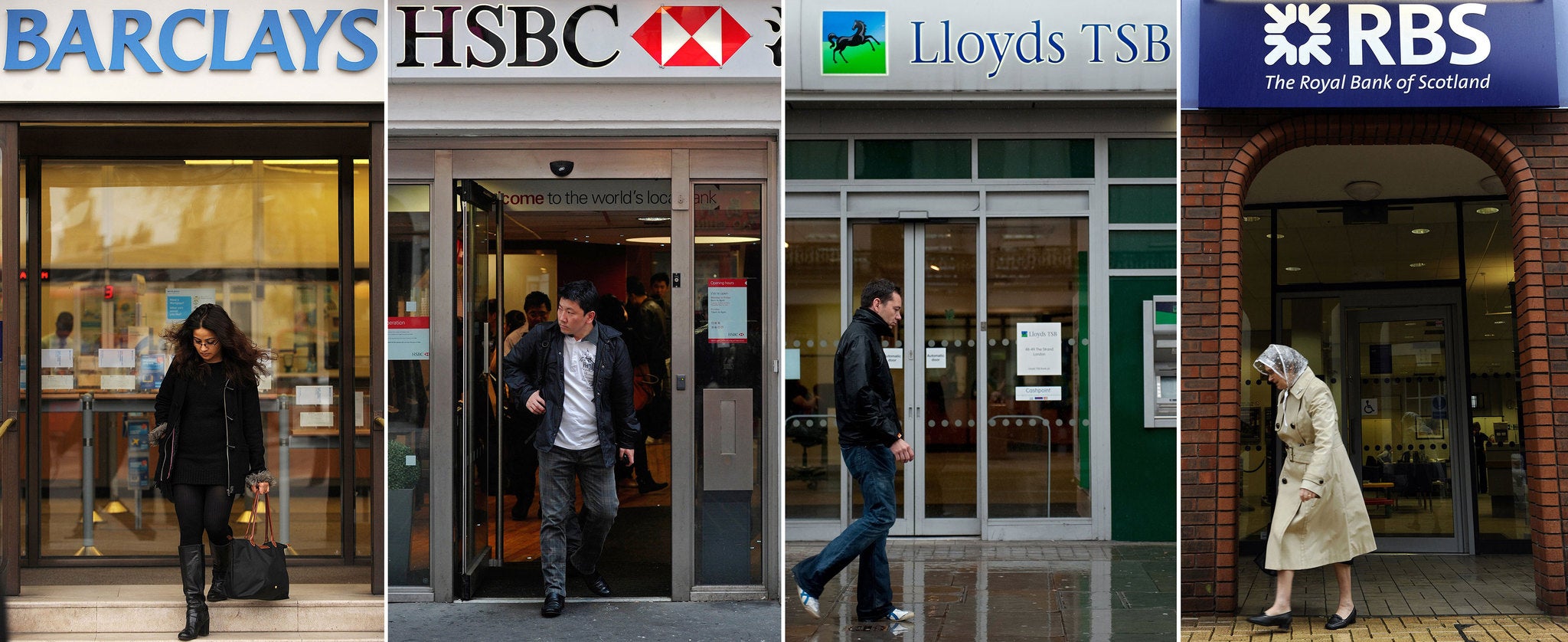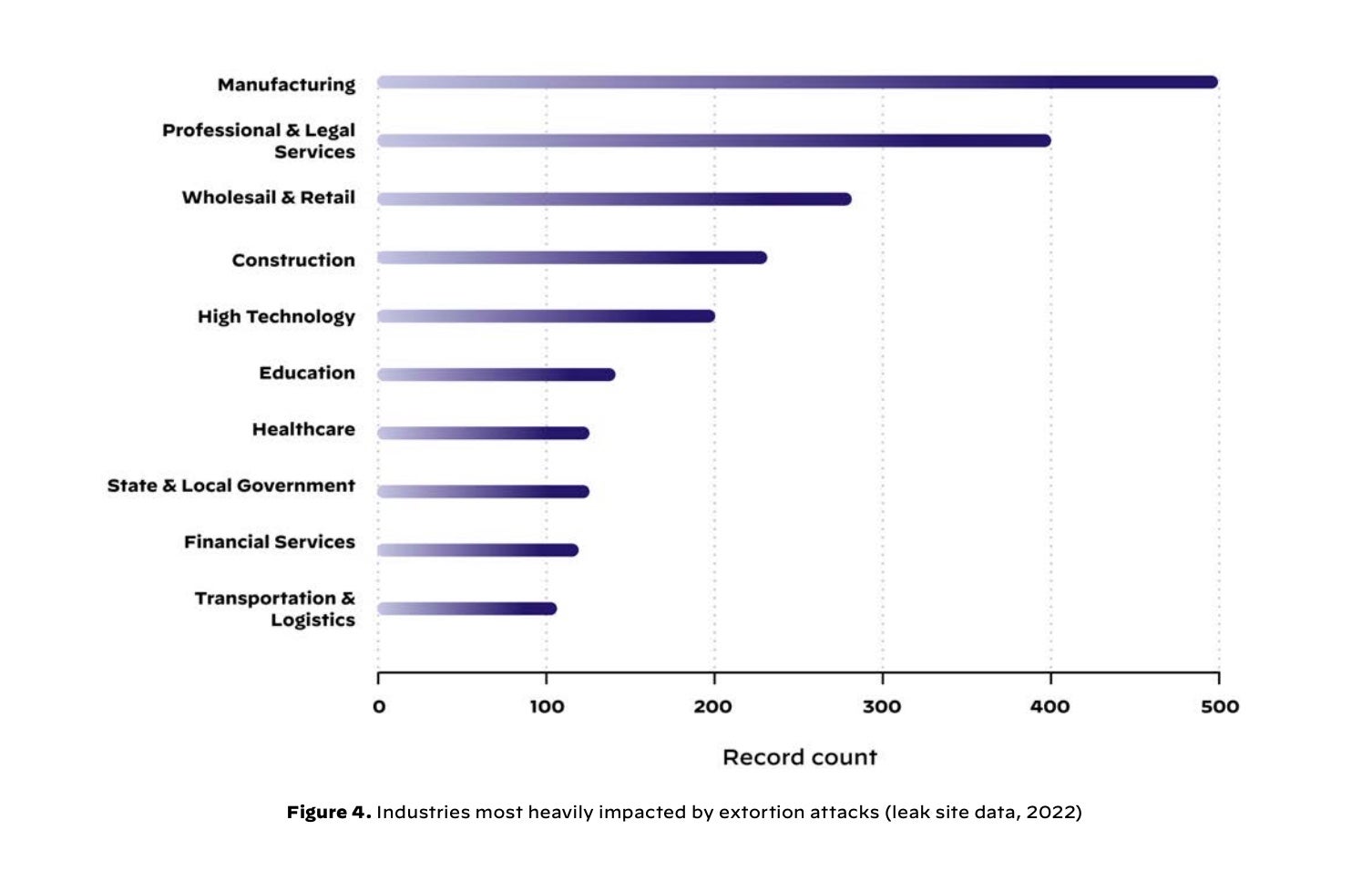The UK’s finance watchdog will give car finance companies more time to deal with an expected rush of compensation claims following a court judgement last month.
The move is likely to mean millions more people are eligible to claim after being charged so-called hidden commissions by car dealers.
The move could help claimants, the Financial Conduct Authority (FCA) says, since it will “prevent disorderly, inconsistent and inefficient outcomes for consumers making complaints, motor finance firms and the market.”
What has happened?
Finance companies had been charging secret commissions, called discretionary agreements where the dealer could increase interest payments, pushing up the price of car loans.
The regulator banned this particular practice in 2021 and has been investigating it.
Now, the FCA is putting all commissions under the spotlight, opening the floodgates to more claims.
Last month, the Court of Appeal made a ruling in favour of three car owners, deciding that finance brokers, including car dealers, could not charge a commission without saying how much they would take.
How big is the problem?
Potentially vast. Car finance is huge in the UK, with about nine in every 10 cars in Britain bought using some sort of loan.
Last year, members of the Finance & Leasing Association, the trade body for lenders in the motor industry, made £51bn of loans.
Lloyds Banking Group has set aside £450m in anticipation of having to pay out.
It is being compared to the PPI scandal of a decade ago, where consumers were sold insurance they either did not agree to buy or did not need.

Payment Protecting Insurance led to more than £38bn of payouts to consumers who were wrongly sold the products. These were often mortgage borrowers and credit card holders.
It started off as a niche product that could protect some borrowers in the event that they could not make payments on a loan, for instance if they fell ill or lost their jobs. But many policies would only pay out under very limited circumstances.
Am I affected?
If you bought a car, van, motorbike, or camper van before 28 January 2021 using PCP (personal contract purchases) or hire purchase, then maybe.
If you leased a car – where you never owned it – or you bought it without a loan, then no.
According to Martin Lewis’s Money Saving Expert website, about 40 per cent of deals included discretionary commission agreements, but now that the watchdog has broadened out its interest, far more deals could be captured.
How should I claim?
As with the PPI scandal, a huge industry has grown aiming to help you make a claim. But these claims management companies will swallow a large chunk of your compensation, and in many cases they do nothing you cannot do yourself for free.
Instead, claim direct. Contact your lender – this is the company which charged you your monthly payment and ask if your deal included discretionary commission agreements. Martin Lewis says to make it clear this isn’t a complaint, just a request for information.
If the answer is yes, lodge a complaint to start the process of claiming. Mr Lewis has come up with a step-by-step guide.
If not, that may not be the end of it if other commissions are deemed to have been wrongly applied. Ask about other commissions and watch for developments from the watchdog.
This particular type of mis-selling is only one of a number of ways motorists have been stitched up. The other prominent example is the diesel scandal.
How long do I have?
There are limitations on how long you have to claim money back after a mis-selling scandal. Generally, it needs to be within three years of being made aware of a problem.
But as well as these guidelines, the longer you wait, the further back in the queue you are for your payment.
On the other hand, the FCA has indicated it could bring in a formal redress scheme, which would make the process easier, which means it could be worth waiting a month or two, especially if your deal was recent.
Source: independent.co.uk



